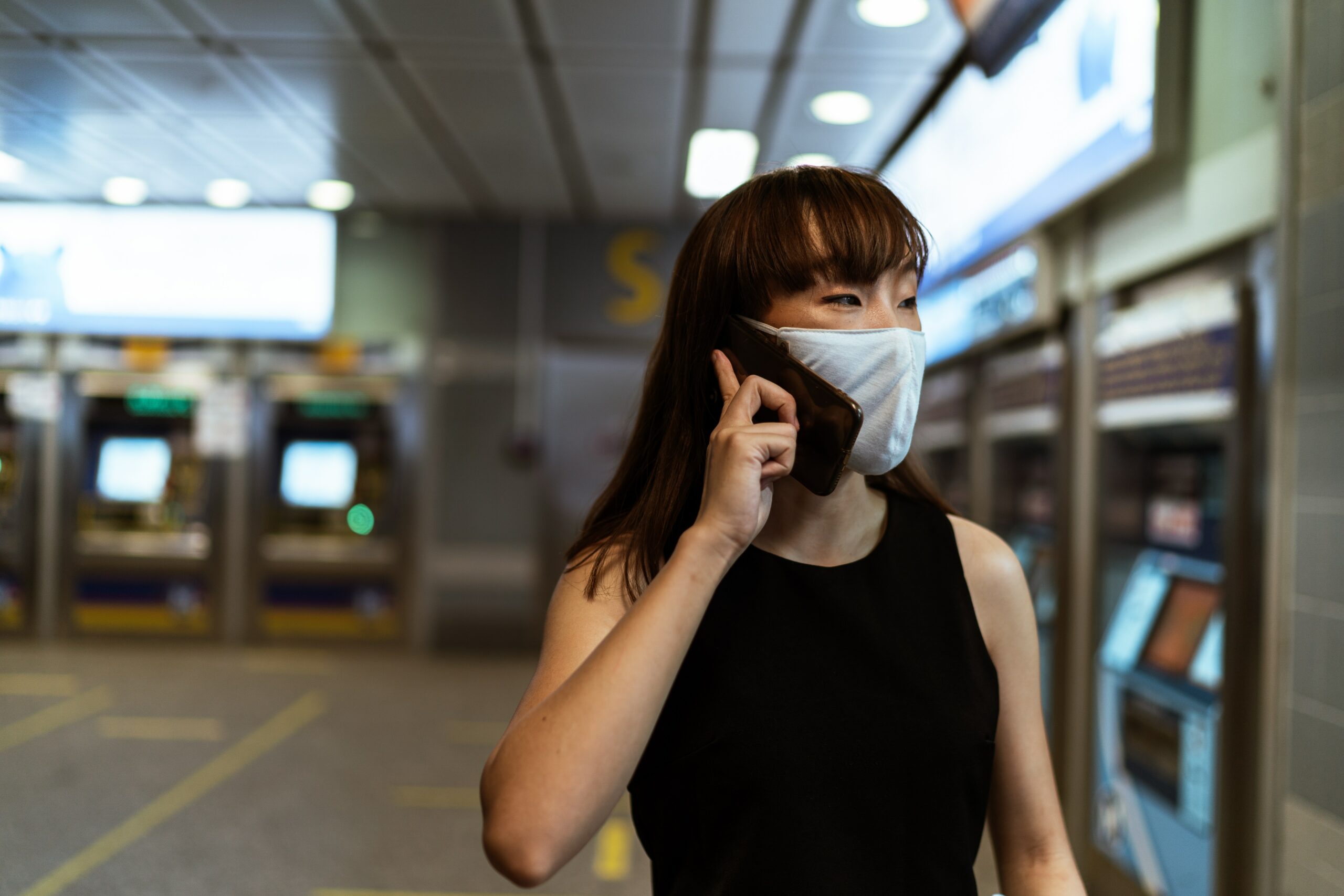A total of nearly $300,000 in 22 cases has been scammed from Boston University students, more than half of which occurred in August. The number has alarmed university officials, who are working with the Boston University Police Department (BUPD) to determine the culprits.
BUPD Detective Lt. Kelley O’Connell reported that “international Asian Pacific students are being targeted” from places such as China and Hongkong, and that the victims have been mostly female.
Scamming Methods
According to reports, scammers have been contacting students and telling them that their passports have been flagged in fraud investigations. The scammers then ask for additional information, even instructing victims to send funds to certain accounts.
A further fraudulent scheme has employed dating apps to lure students into sending compromising photos of themselves. Perpetrators then blackmailed victims with threats of posting their photos online. In yet another, students were offered non-existing apartments, asked to submit a deposit, and then never heard back from the assumed “real estate agent.”
Detective O’Connell believes the scammers are likely within the US, but they could as well be located abroad. Some have used the internet rather than telephone communications to cloak their location and identity. These tactics complicate the BUPDs pursuit of suspects. Even if they partner with federal agents, dealing with other countries is certainly “a stumbling block,” O’Connell said.
Prevention Is Better
O’Connell sees a silver lining in the recent spate of crimes, as students are now reporting any suspected attempts at fraud. Taking advantage of heightened student involvement, BUPD has shared fraud prevention tips from the International Association of Campus Law Enforcement Administrators.
Some of these tips include:
- Do not allow people you don’t know to deposit checks into your bank account. They could deposit a check used in criminal activity. Since it’s your bank account, authorities will think you are part of the scam.
- Do not share information with people you don’t know, even if they know your landline or email address. Scammers have ways to get this information; just because they have your info does not mean you can trust them.
- Do not pay strangers through P2P (person to person) transactions such as Zelle or Venmo. These are usually irreversible. Use these only with people you know.
- Do not pay for purchases online or by phone using a debit card since they connect to your bank account. Credit cards are safer, but you should still not provide information over the phone or email on websites unless you were the one who called.
- Avoid using an ATM on which you can see any wires or a skimming device on the card insert slot. Cover the keypad when you input your PIN.



